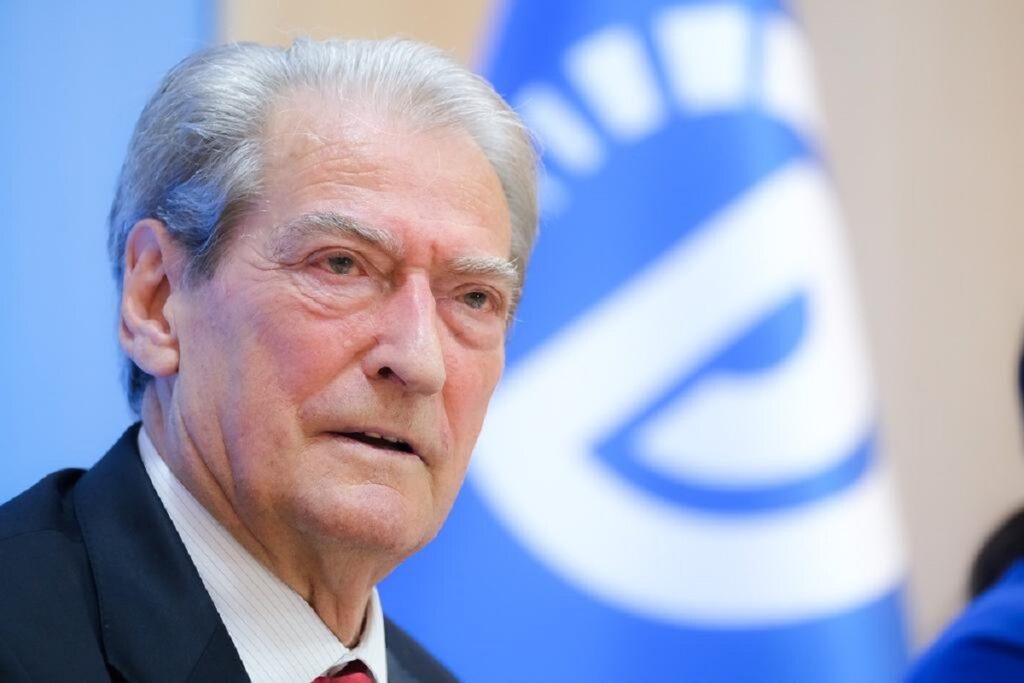Berisha announces protests ater OSCE/ODIHR Report on May 11 elections

Following the publication of the OSCE/ODIHR final report on the May 11 parliamentary elections, former Prime Minister and opposition leader Sali Berisha announced plans for a wave of protests “inside and outside Albania” in defense of free and fair voting.
Why is this important: The OSCE/ODIHR report identified several irregularities and procedural shortcomings but none on a scale that would invalidate the results or indicate systemic manipulation. However, the opposition insists that international observers effectively confirmed all its claims—that the May 11 elections were tainted by irregularities, abuse of state resources, and vote-buying. Berisha’s statement suggests that, much like after previous elections, he plans to use the report as a pretext for escalating political confrontation and launching protests. Analysts interpret this as an attempt to shift attention away from his party’s heavy electoral defeat and deflect responsibility for the loss.
Context: Even as the opposition prepares for nationwide protests, its representatives will sit with the Socialists to begin work on a new electoral reform. The two sides have already agreed to form a special parliamentary committee, and a draft decision defining its composition has been submitted to Parliament for approval on October 30.
According to the document obtained by TV Klan, the committee will have 16 members: seven from the Socialist Party, five from the Democratic Party, and one each from the Freedom Party, the Republican Party, PSD, and MUNDËSIA. Other parliamentary parties will be able to participate without voting rights but may propose legislative changes.
The committee will also include a group of technical experts, and several international organizations have been invited to provide oversight and assistance — including the OSCE Presence in Albania, ODIHR experts, the Council of Europe, the Venice Commission, and representatives of the EU and the United States. For any unresolved issues, the committee will seek the advisory opinion of ODIHR and the Venice Commission.
The reform process will address recommendations from both the May 2023 local elections and the May 2025 parliamentary elections, as outlined in ODIHR reports. It will also take into account suggestions from the Central Election Commission, political parties, and civil society organizations.
Importantly, the committee will also draft a new law on political party financing — a topic that ODIHR’s report again identified as a weak point in Albania’s electoral system.
What else: The committee’s work is expected to last nine months. Decisions will require a majority vote of all members and the joint consent of both co-chairs — a mechanism designed to ensure cross-party consensus.


